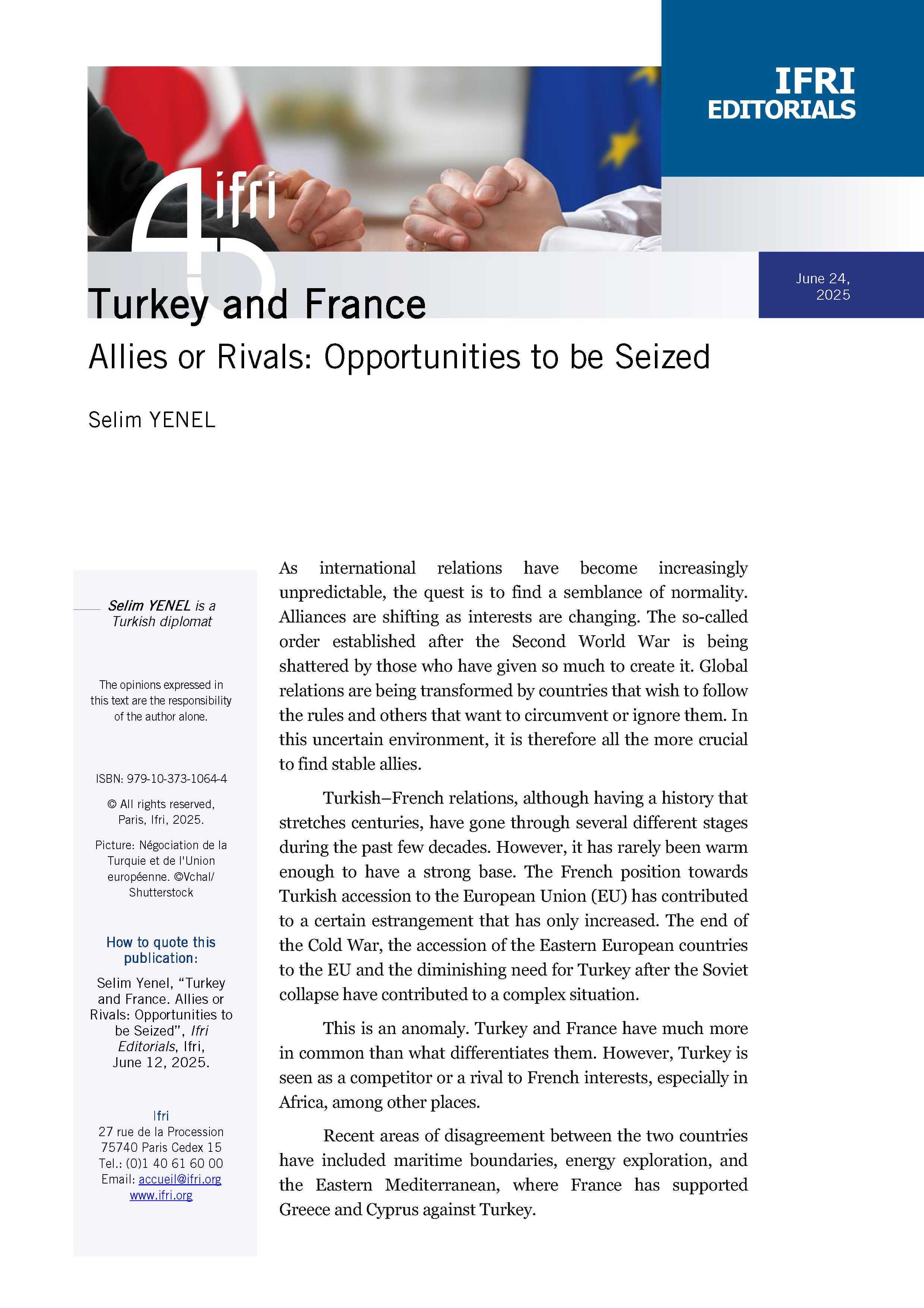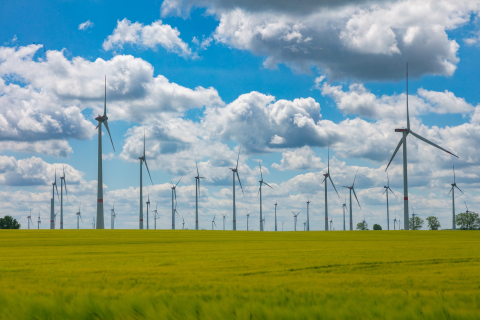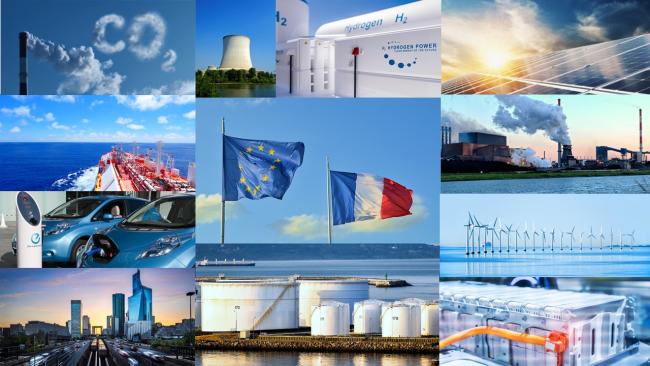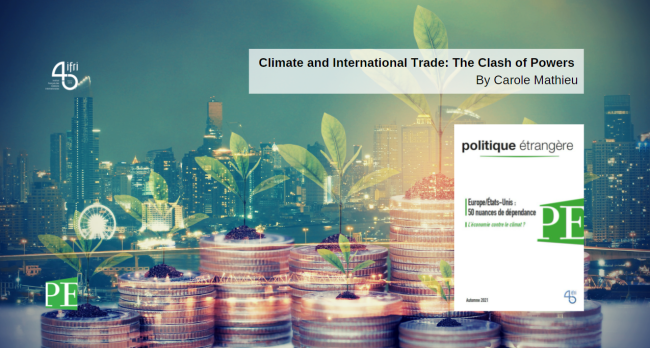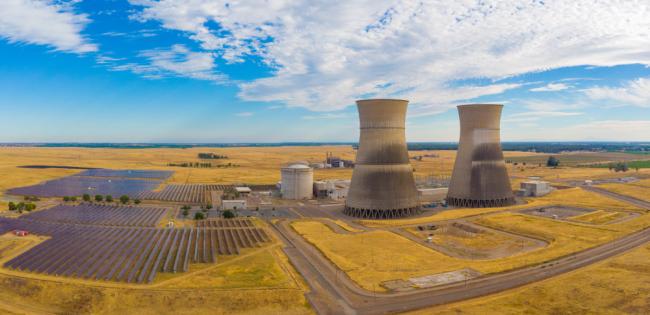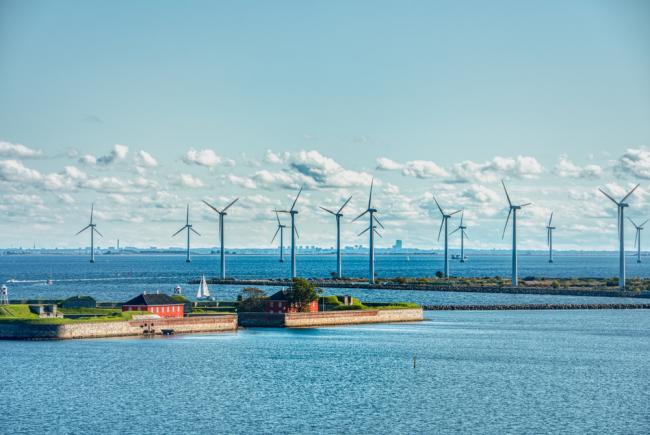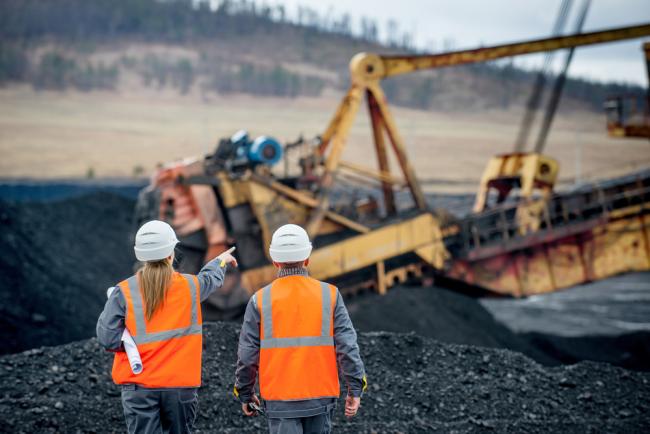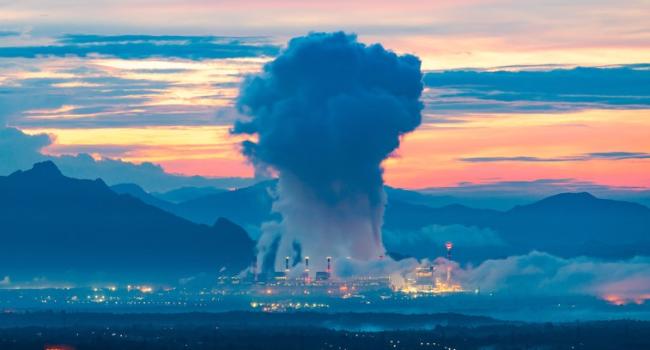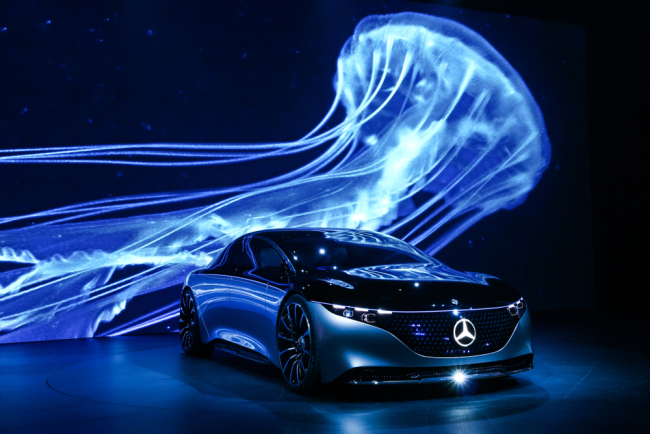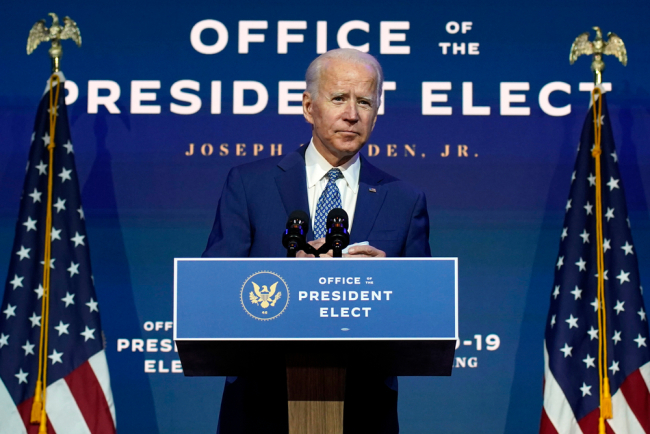Accelerating the energy transition in France: drawing inspiration from best practice in our European neighbours
The success of energy transition is first and foremost a question of good governance, which must be based on expertise and collective deliberation.

Climate: Which Way Forward?
Thirty years after Rio, the case file “Climate: Which way forward?” assesses current climate commitments, which are undoubtedly less impressive and less certain than the political pronouncements and media fanfare make them seem. A number of fundamental problems remain.
After the Hydrogen Bubble Bursts: The Factors Shaping and Possibly Unfolding International Hydrogen Value Chains
The laws of physics and the geographic realities will prevail over the myths of hydrogen (H2): it will essentially be delivering carbon-neutral feedstocks to the chemical and steelmaking industries, carbon-neutral fuels to shipping and aviation, and eventually ensuring security in fully decarbonized power grids.
Climate and International Trade: The Clash of Powers
The fight against climate change has a major economic dimension. With climate neutrality as their new objective, the major powers are counting on green industrial policy, and trying to contain the emissions related to their imports.
The Herculean Task of Decarbonizing the American Power System by 2035
The Biden Administration has so far taken the focus of the Biden candidate on climate issues seriously, especially the commitment made during the campaign of a net zero power system by 2035.
Denmark: A Case Study for a Climate-Neutral Europe
In recent years, Denmark has steadily emerged as a leader and role model in the global green energy transition. Its greenhouse gas (GHG) emissions since 2010 have been reduced at greater pace than those of the European Union (EU) average.
Consequences of the coal phase-out on the electricity production in Germany: a best practice model for Europe?
2020 marked the beginning of the total phasing out of electricity production based on coal, as well as coal extraction in Germany. Laws implemented in 2020 concluded a governmental process started in 2015, which itself resulted from a prior broader debate on the role of coal in a viable and sustainable energy and economic system.
Addressing the Climate Emergency: Closing 1,000 Gigawatts of Coal Plants by 2035
In order to have any chance of limiting global warming to well below +2°C, there is no choice but to tackle coal-fired power plants head-on, around the world.
The Automotive Industry: The Achilles’ Heel of German Economy?
The global car market has been shrinking since 2018. This is a key economic sector for Germany whose producers belong to the Top 15 carmakers worldwide. Yet they are running the risk of being outclassed and eventually replaced, given emerging actors in the USA and China.
United States Climate Politics Under Biden: Is the Clean Energy Revolution Under Way?
For most of United States (US) history, environmental issues enjoyed bipartisan support. While Democratic President Johnson signed the Clean Air Act in 1963, Republican President Nixon established the Environmental Protection Agency (EPA) in 1970. America’s “environmental decade” culminated under President Carter, with Congress enacting ambitious environmental legislation.
Year 2 of Germany's Energy Transition
After a decade characterised by the take-off of renewable energies, Germany decided in 2010 to make them the top priority. At the same time, it decided to make exemplary efforts in terms of energy efficiency and the reduction of greenhouse gases. The audacious nature of this policy was strengthened by the “turn” taken in 2011 to give up nuclear energy in the wake of the Fukushima accident.
The Gulf Countries' Energy Strategies: What's on the Menu for the Power Sector?
The futuristic green city of Masdar in the United Arab Emirates or the latest announcements of Saudi Arabia which might now well become the new Eldorado for solar energy companies have a clear marketing varnish. But if they are showcases of green ambitions, they nonetheless reflect the situation the Gulf States face today driven by the development of heavy industry and petrochemicals but first and foremost by the rapid population growth (around 2% for Saudi Arabia and 3% for Kuwait; Qatar and the Emirates have higher population growth rate due to immigrants).
Fukushima and Democracy
The double disaster of Fukushima, a natural disaster comprising an earthquake and a tsunami and a large-scale industrial nuclear disaster, behoves all countries to consider the lessons which they can draw from it.
The Electric Vehicle in the Climate Change Race: Tortoise, Hare or Both?
Europe is seeking ways to decrease the growing negative impact of passenger cars on climate, currently responsible for up to 12% of total EU CO2 emissions. After biofuels in the nineties and hydrogen in 2000, the new answer to climate change appears to be electric. But contrary to many marketing messages, electric cars are not zero emissions cars. They will not necessarily contribute to actual CO2 emission reductions before 2020 and even then, not in every country.
Energy Efficiency: Smart but not Sexy
Marie C. DONNELLY, DG Energy, reported that the EU is “unlikely to achieve a 20% reduction on the current set of policies” [1] by 2020. According to her, based on a modelling exercise, the estimate of energy savings “would be somewhere between 9 and 11% on current policies” in spite of the contribution of the economic crisis to decreasing the EU primary energy consumption.
Support independent French research
Ifri, a foundation recognized as being of public utility, relies largely on private donors – companies and individuals – to guarantee its sustainability and intellectual independence. Through their funding, donors help maintain the Institute's position among the world's leading think tanks. By benefiting from an internationally recognized network and expertise, donors refine their understanding of geopolitical risk and its consequences on global politics and the economy. In 2024, Ifri will support more than 70 French and foreign companies and organizations.



